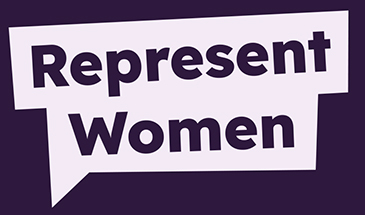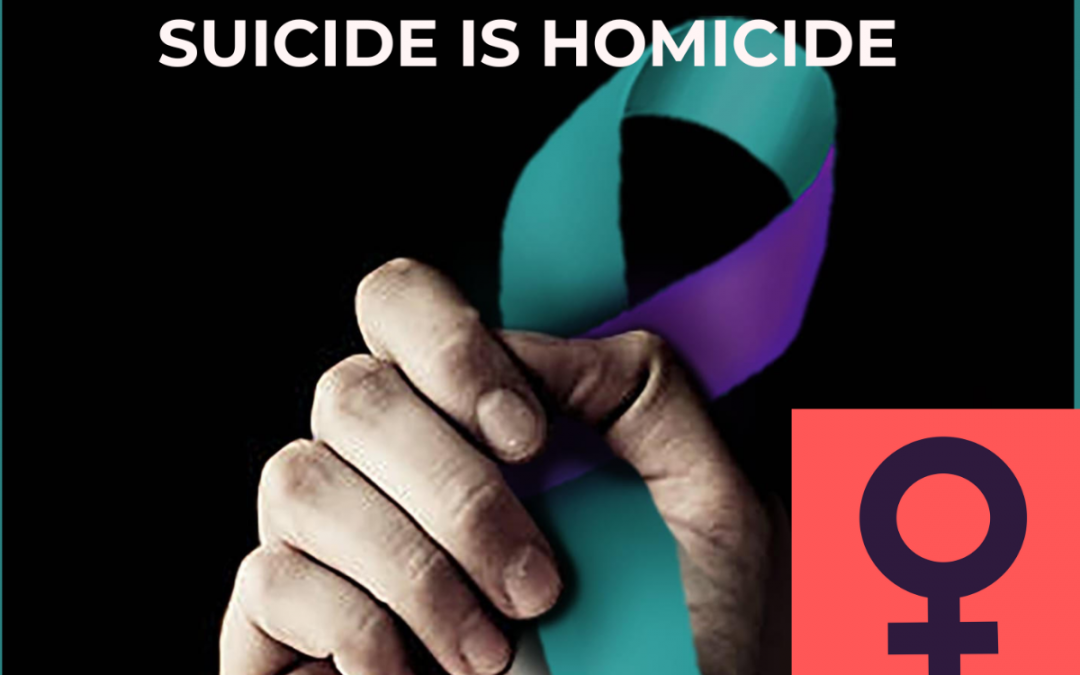Victims’ families and Project Resist unite to expose systemic failures and demand urgent reform
Project Resist, in collaboration with Sharon Holland and many other bereaved families, has launched the Suicide is Homicide campaign to demand justice for victims of domestic abuse-related suicides. The campaign seeks to expose the systemic failures of the police, criminal justice system, and inquest processes that continue to ignore the deadly consequences of coercive control and domestic abuse.
Rita, whose sister Jasmine died by suicide in January 2023 after enduring years of escalating abuse, including rape and strangulation, shared:
“No one is stopping and asking why this happened. We shouldn’t have to fight so hard for some justice when what happened is this obvious.”
Despite Jasmine’s repeated reports to police and clear warnings about her partner’s dangerous behaviour, her death was not investigated as a domestic abuse-related suicide. The day before she died, her abuser told her to “go hang herself to make everyone’s life better.” She was found hanging the next day.
This is not an isolated case. According to the Domestic Homicide Project (2020–2024), there were 1,012 domestic abuse-related deaths in England and Wales, including 354 suspected suicides—now outnumbering recorded homicides. In the year ending March 2024, there were 98 suspected DV realted suicides compared to 80 homicides.
Campaign Demands
The Suicide is Homicide campaign calls for:
A presumption of homicide: Police must treat any suicide in the context of domestic abuse as a potential homicide unless proven otherwise.
CPS policy reform: Prosecutors must support police investigations into such deaths with clear guidance and oversight.
Sentencing reform: Courts must treat domestic abuse-related suicides as aggravated offences when abusers are convicted.
Multi-agency recognition: All statutory and specialist services must consistently acknowledge the link between suicide and domestic abuse.
Preventative education: Training across sectors to identify suicidal ideation and intervene effectively.
Non-means tested legal aid: Families must have access to free legal support during investigations, prosecutions, and inquests.
Specialist support services: Survivors must have access to holistic advocacy and counselling to safely exit abuse and rebuild their lives.
Systemic Failures
Families report widespread indifference and neglect from authorities. Investigations often ignore histories of abuse and fail to consider coercive control as a contributing factor. As Assistant Commissioner Louisa Rolfe of the Metropolitan Police admitted:
“It’s very clear that there is more for us to do, to be really curious about what’s happened…”
Inquests often focus narrowly on how victims died, not why, leaving families without answers or justice. Groundbreaking inquest outcomes—such as the unlawful killing verdict in Kellie Sutton’s case (2024)—have begun to shift public awareness.
A Call for Justice
The Suicide is Homicide campaign is a call to action. It demands that the lives and deaths of women like Jasmine, Jessica Laverack, Roisin Hunter Bennett, and Keina Dawes are no longer dismissed or forgotten. It is time for the justice system to recognise that coercive control kills—and to act accordingly.
For more information or to support the campaign, visit Project Resist.

